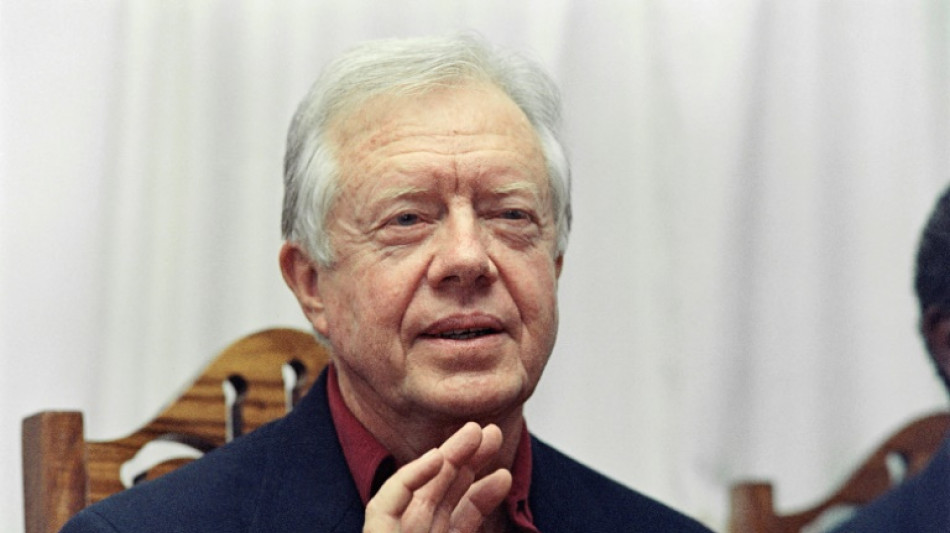
-
 Vinicius Junior in the clear over Clasico outburst
Vinicius Junior in the clear over Clasico outburst
-
UK welcomes king's move to strip Andrew of royal titles

-
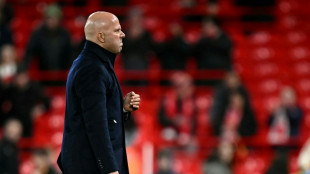 Liverpool must snap losing 'habit', says under-fire Slot
Liverpool must snap losing 'habit', says under-fire Slot
-
Bencic out of Hong Kong last eight as tennis injury list mounts

-
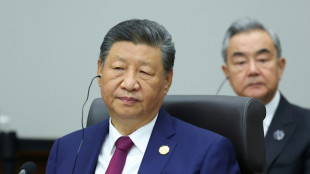 Xi invites Canada PM to China in first meet in 8 years
Xi invites Canada PM to China in first meet in 8 years
-
Chinese defence minister seeks 'trust' with US but cautions over Taiwan
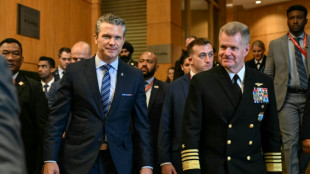
-
 India's Rodrigues beat anxiety and tears to become World Cup star
India's Rodrigues beat anxiety and tears to become World Cup star
-
China, Canada leaders hold first formal talks since 2017
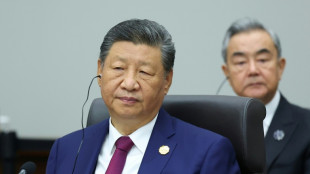
-
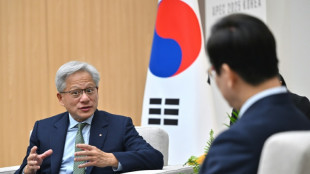 Nvidia to supply 260,000 cutting-edge chips to South Korea
Nvidia to supply 260,000 cutting-edge chips to South Korea
-
Camels replace cows as Kenya battles drought
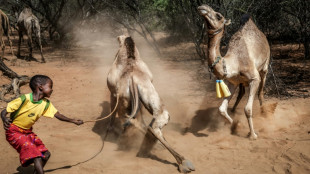
-
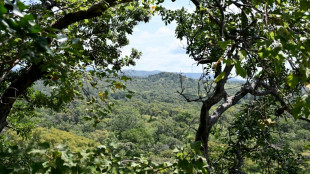 Endangered across west Africa, leopards thrive in I.Coast reserve
Endangered across west Africa, leopards thrive in I.Coast reserve
-
Risky gold rush drives young into Ivory Coast nature park

-
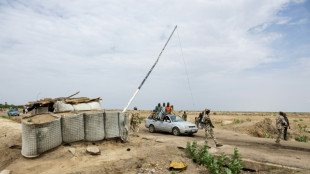 Deadly roads block mothers from care in jihadist-hit Nigeria
Deadly roads block mothers from care in jihadist-hit Nigeria
-
Pillaged I.Coast nature reserve on the mend after crisis decade
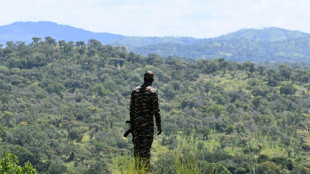
-
 India savours 'greatest day' after Women's World Cup heroics
India savours 'greatest day' after Women's World Cup heroics
-
Why emboldened Kim had little need for photo-op with Trump
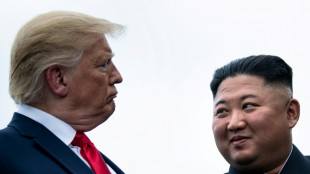
-
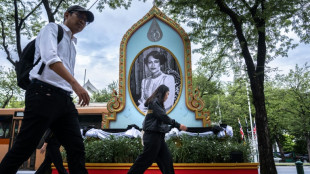 In the black: the business of mourning Thailand's queen mother
In the black: the business of mourning Thailand's queen mother
-
Tributes as death of Australian teenager touches cricket world
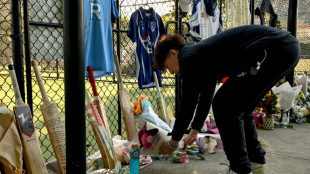
-
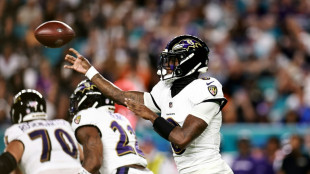 Jackson throws four TD passes as Ravens rout Dolphins
Jackson throws four TD passes as Ravens rout Dolphins
-
NBA champs Thunder roll past Wizards, Bucks and Spurs win

-
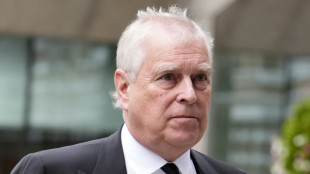 UK's Andrew in freefall, stripped of queen's protection
UK's Andrew in freefall, stripped of queen's protection
-
Real Madrid and Barcelona aim to shake off Clasico consequences

-
 Ambitious Paris FC making steady progress after landing in big time
Ambitious Paris FC making steady progress after landing in big time
-
Rebuilt Leverkusen hope to reignite Bundesliga rivalry at Bayern
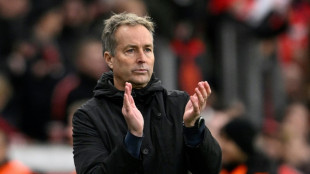
-
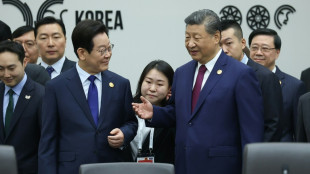 Xi primed to meet Japan, Canada leaders after Trump summit
Xi primed to meet Japan, Canada leaders after Trump summit
-
Australia coach Schmidt pleads for Edmed patience ahead of England clash

-
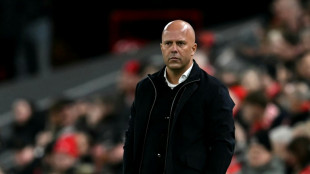 Liverpool feel pressure to end 'crisis' run, Man City test Bournemouth limits
Liverpool feel pressure to end 'crisis' run, Man City test Bournemouth limits
-
Farrell eyes 'reset' as Ireland-All Blacks ready for 'Battle of Chicago'
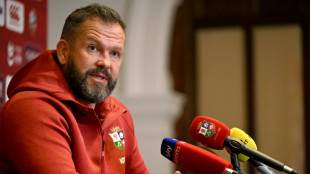
-
 Asia markets mostly up on heels of Apple, Amazon earnings
Asia markets mostly up on heels of Apple, Amazon earnings
-
Jones wants Japan to enhance 2015 legacy against South Africa
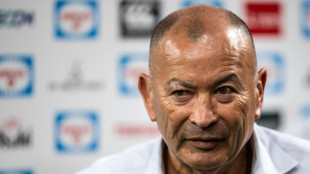
-
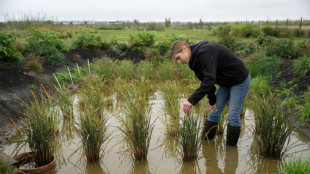 Growing rice in the UK 'not so crazy' as climate warms
Growing rice in the UK 'not so crazy' as climate warms
-
Australia say 'let ourselves down' after India end world domination

-
 AI cannot make cinema, director Linklater says
AI cannot make cinema, director Linklater says
-
After delays, Egypt set for lavish opening of grand museum
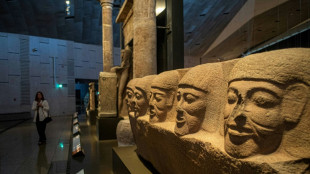
-
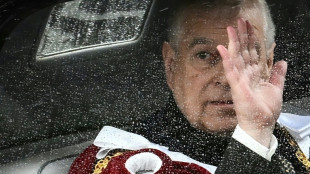 What we know about the downfall of Andrew, born a UK prince
What we know about the downfall of Andrew, born a UK prince
-
Desperate Dodgers mull using Ohtani as relief pitcher

-
 Blue Jays vie to close out sputtering Dodgers in World Series
Blue Jays vie to close out sputtering Dodgers in World Series
-
Indigenous Australians celebrate historic state treaty
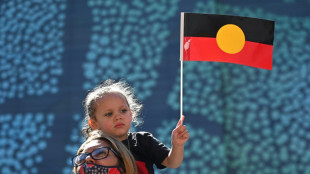
-
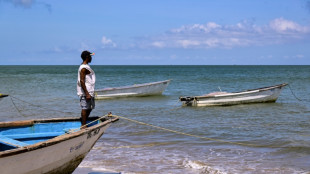 Caught between Venezuela and US, Trinidad fishermen fear the sea
Caught between Venezuela and US, Trinidad fishermen fear the sea
-
Latest NFL Chiefs-Bills duel has both chasing division leaders

-
 Sierra Leone chases rare repeat in Breeders' Cup Classic
Sierra Leone chases rare repeat in Breeders' Cup Classic
-
King Charles strips Andrew of royal titles, Windsor home
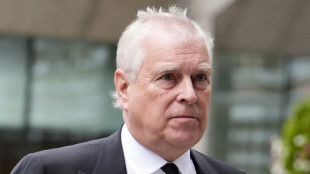
-
 Sales of 'services' help Apple beat earnings forecasts
Sales of 'services' help Apple beat earnings forecasts
-
Beyond words: '67' crowned 'Word of the Year'
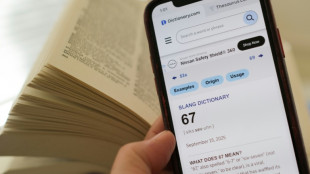
-
 Amazon shares surge as AI boom drives cloud growth
Amazon shares surge as AI boom drives cloud growth
-
Brazil boasts drop in deforestation ahead of UN climate talks
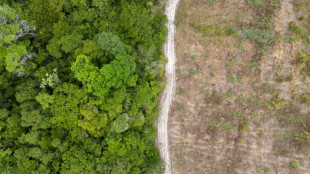
-
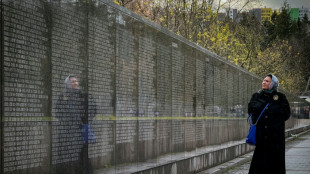 Russians marking Stalin's repression warn against return to past
Russians marking Stalin's repression warn against return to past
-
Stocks mostly fall as investors digest Trump-Xi talks, earnings
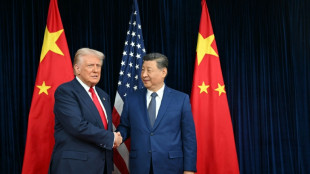
-
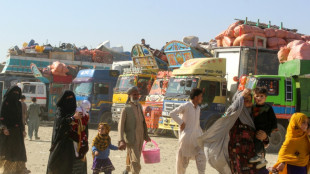 Turkey says Pakistan-Afghanistan talks to resume
Turkey says Pakistan-Afghanistan talks to resume
-
Record-breaking India upset Australia to reach World Cup final


Key moments in the life of Jimmy Carter
Jimmy Carter's 1977-1981 presidency included successes like the Camp David peace accords, but also enough controversy for US voters to see him as weak -- and send him packing after only one term.
Carter's legacy however was largely built on his post-presidency, the longest in US history.
Here are a few key moments in the life of Carter, who died Sunday at the age of 100.
- The Panama Canal -
During his first year in office, Carter went back on a campaign promise and decided to hand back management of the Panama Canal -- which had been in US military control since its construction at the start of the 20th century.
"Fairness, and not force, should lie at the heart of our dealings with the nations of the world," he said at the signing of the canal treaties with Panamanian leader Omar Torrijos on September 7, 1977.
Carter was ridiculed for the move, which gave Panama control over the canal linking the Atlantic and Pacific Oceans at the end of 1999.
History, however, has looked upon the deal as a deft bit of diplomacy.
Giving Panama a meatier role in the canal's management in the run-up to the transfer allowed for stability, and broke with America's image as an overbearing imperialist power in Latin America.
Reacting to Carter's death on Sunday, President Jose Mulino said the former US leader helped Panama achieve "full sovereignty of our country."
- Morality in politics -
Upon his arrival in the Oval Office, Carter looked to distance himself from the realpolitik practiced by his predecessors -- a vestige of the Cold War -- and placed human rights at the heart of his agenda.
"Our principal goal is to help shape a world which is more responsive to the desire of people everywhere for economic well-being, social justice, political self-determination and basic human rights," he said in a 1978 speech at the US Naval Academy.
In concrete terms, Carter notably signed the International Covenant on Civil and Political Rights in 1977. It was eventually ratified by the United States in 1992 after being blocked for years by the Senate.
- Camp David Accords -
In September 1978, Carter invited Israeli premier Menachem Begin and Egyptian president Anwar Sadat to Camp David, the presidential retreat outside Washington.
After 13 days of secret negotiations under Carter's mediation, two accords were signed that ultimately led to a peace treaty the following year.
The diplomatic triumph was cited when Carter was awarded the Nobel Peace Prize.
- 'Crisis of confidence' -
In the summer of 1979, the economy rocked by inflation and his approval rating in free fall, Carter addressed the American people in a nationwide televised speech on July 15.
In that half-hour, he responded to his critics on his lack of leadership, instead laying the blame on a national "crisis of confidence."
"The erosion of our confidence in the future is threatening to destroy the social and the political fabric of America," he said.
The speech was poorly received and would come back to haunt him. Five cabinet members resigned that week.
- Iran hostage crisis -
The hostage crisis -- more than 50 Americans were held for 444 days at the US embassy in Tehran from November 1979 to January 1981 -- was the death knell for Carter's presidency.
A failed military rescue mission in April 1980 all but extinguished his chances of reelection later that year.
Operation Eagle Claw was thwarted by sandstorms and mechanical problems -- eventually, the mission was aborted. In the subsequent withdrawal, two American aircraft collided, killing eight servicemen.
In the following days, then secretary of state Cyrus Vance resigned, and the mission's failure symbolized Carter's inability to resolve the crisis.
The hostages were eventually freed on the same day that Republican Ronald Reagan took office, after thumping Carter at the polls in November 1980.
- The Carter Center -
Carter remained extremely active into his 90s despite his retirement from political life.
In 1982, he founded the Carter Center, which has focused on conflict resolution, promoting democracy and human rights, and fighting disease.
Carter -- often viewed as America's most successful former president -- traveled extensively, supervising elections from Haiti to East Timor, and tackling thorny global problems as a mediator.
- The Elders -
Carter was also a member of The Elders, a group of former world leaders founded by Nelson Mandela in 2007 to promote peace and human rights.
Fellow Nobel peace laureates South African Archbishop Desmond Tutu (who died in 2021), former Liberian president Ellen Sirleaf Johnson and the late UN secretary general Kofi Annan also belonged to the group.
C.Koch--VB




